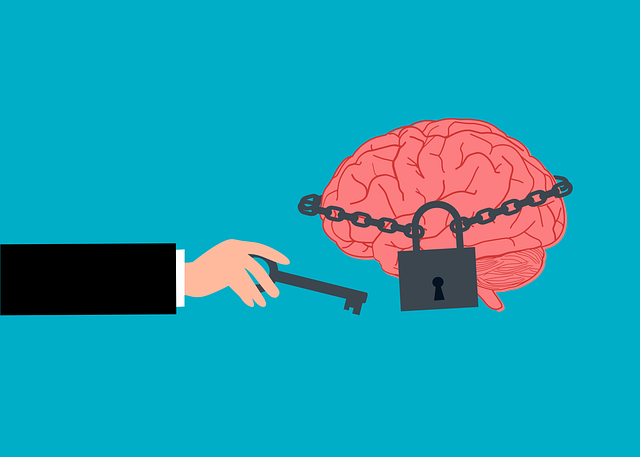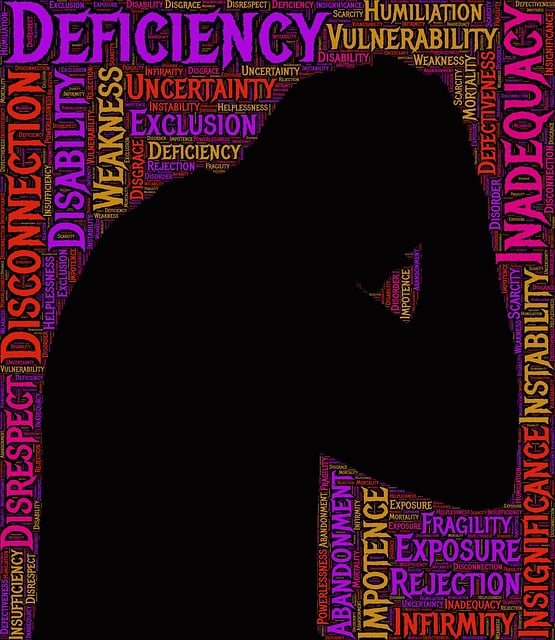Crisis intervention for elders requires a holistic approach that respects individual gender identities, incorporates Mind Over Matter principles, conducts thorough risk assessments, and utilizes specialized techniques like cognitive-behavioral therapy (CBT) and narrative therapy. Tailored strategies for transgender and non-binary elders, including confidential environments, preferred name usage, and professional training on gender-affirming practices, are crucial to prevent further trauma. Therapists play a vital role in normalizing diverse gender identities through awareness campaigns, enhancing emotional well-being, and improving mental health outcomes for older adults.
“Crisis intervention strategies are vital in supporting elderly individuals, especially those grappling with unique challenges related to gender identity. This article guides professionals through essential techniques tailored to elder care, offering a sensitive approach to understanding and addressing crisis scenarios. We explore the intersection of therapy and gender identity in older adults, providing practical strategies for effective support. By delving into these topics, we aim to enhance care practices, ensuring elderly folks receive compassionate, competent assistance during crises.”
- Understanding Crisis Intervention for Elders: A Sensitive Approach
- Gender Identity in Crisis: Unique Considerations and Strategies
- Effective Therapy Techniques for Addressing Elderly Concerns with Gender Identity
Understanding Crisis Intervention for Elders: A Sensitive Approach

Crisis intervention involves providing immediate support to individuals facing severe distress or a critical incident. For elders, this process demands a nuanced and sensitive approach due to their unique circumstances and potential vulnerability. When assisting older adults, mental health professionals must consider not just the crisis at hand but also age-related factors that might influence their emotional state and coping mechanisms.
Understanding gender identity dynamics is another crucial aspect of crisis intervention for elders. Recognizing and respecting an individual’s self-proclaimed gender identity can significantly impact the therapeutic process. Incorporating Mind Over Matter principles, which emphasize the power of mental and emotional well-being, can aid in depression prevention among this demographic. A thorough risk assessment is essential to identify potential hazards and tailor interventions accordingly, ensuring a safe and supportive environment for elders during times of crisis.
Gender Identity in Crisis: Unique Considerations and Strategies

In crisis intervention, understanding and addressing the unique needs of individuals with diverse gender identities is paramount, especially when focusing on therapy for elders. The concept of gender identity is complex, and what constitutes a ‘crisis’ can vary greatly among transgender or non-binary individuals compared to their cisgender peers. For instance, a person’s experience of social isolation might be triggered by their gender expression rather than age. Therefore, mental wellness coaching programs development should incorporate sensitivity to these nuances.
Professionals in the field must be equipped with strategies tailored for this demographic. This includes ensuring confidentiality and creating safe spaces that respect their chosen names and pronouns. Risk management planning for mental health professionals should also involve specific training on gender-affirming practices, as missteps can lead to further trauma. Public awareness campaigns development focused on normalizing diverse gender identities can help reduce the stigma elders in crisis might face.
Effective Therapy Techniques for Addressing Elderly Concerns with Gender Identity

In addressing elderly concerns related to gender identity, therapists must employ effective techniques tailored to this demographic. Many older adults may feel isolated or hesitant to discuss their experiences, requiring a sensitive and patient approach. Therapies like cognitive-behavioral therapy (CBT) can help individuals challenge negative thoughts and beliefs about their gender identity. By combining CBT with narrative therapy, elders can explore and reinterpret their life stories, fostering a more inclusive understanding of self.
Additionally, social skills training and emotional regulation strategies are invaluable tools. Mental health awareness sessions can educate both the individual and their support network about gender dysphoria and the importance of acceptance. Encouraging open communication and providing safe spaces for expression can significantly enhance emotional well-being. These techniques not only assist in crisis intervention but also contribute to the overall mental health and quality of life for elderly individuals navigating their gender identity.
In conclusion, crisis intervention strategies tailored for elders, particularly those addressing gender identity issues, require a sensitive and nuanced approach. By understanding the unique challenges faced by elderly individuals, therapists can employ effective techniques to provide much-needed support. Integrating these strategies into therapy for elders with gender identity concerns not only enhances their well-being but also fosters a more inclusive and compassionate society.














